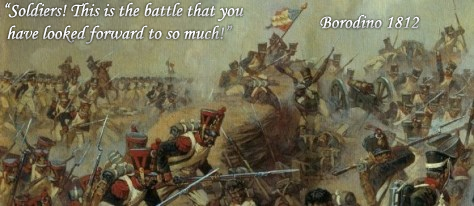One thing I love recently in YouTube is the amount of animation effort put in by some amateur / professional animators, it's a joy to see and it's really informative for very complicated battles / subjects. Love it.
You can see it in the above video but also in WW2's improved animated maps as well.











 Reply With Quote
Reply With Quote


















































